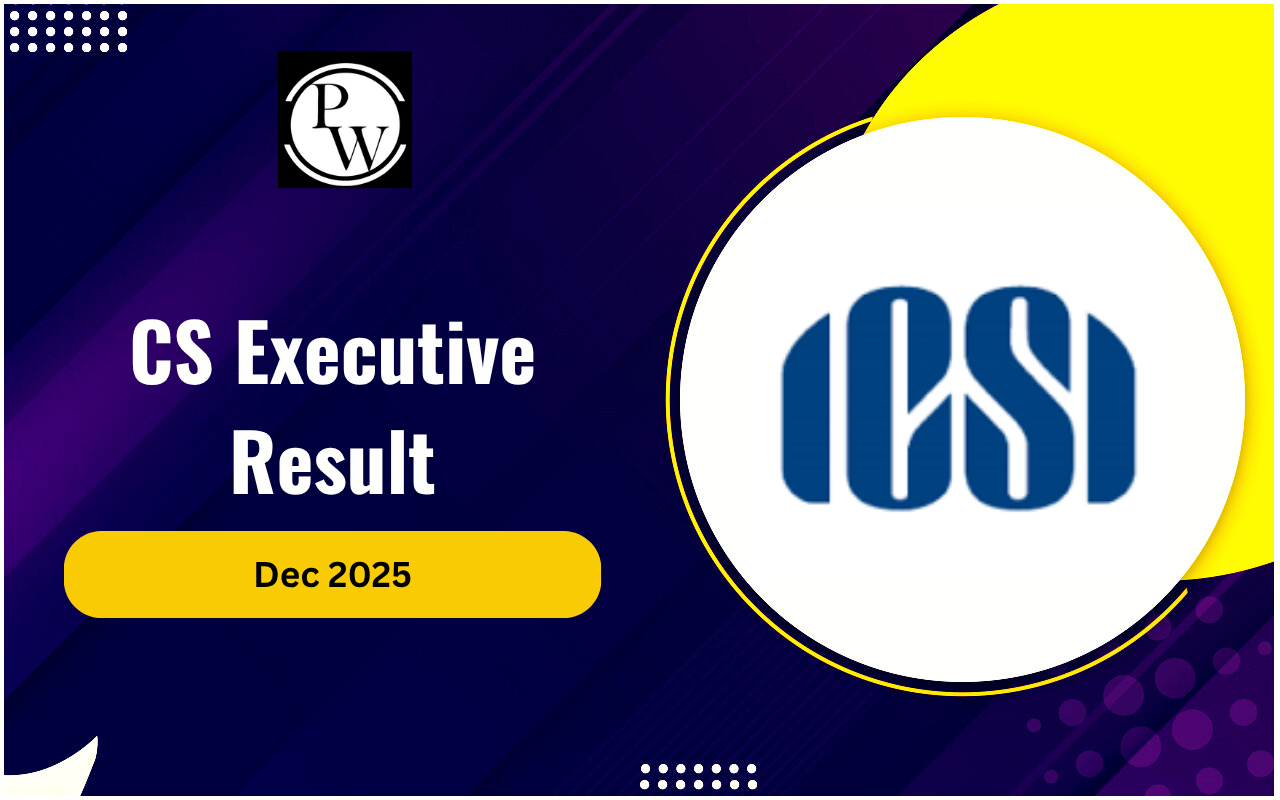
The Company Secretary (CS) course offers a professional path in corporate governance, regulatory compliance, and legal advisory. Designed and monitored by the Institute of Company Secretaries of India (ICSI), the course equips individuals to work closely with organisational leadership to uphold statutory obligations and ethical frameworks.
With increasing regulatory oversight and the growing emphasis on governance, CS professionals have found their roles expanding beyond conventional boundaries. In 2025, the CS qualification continues to remain relevant across multiple industries such as finance, real estate, consultancy, and technology.
In this article, we present the top 8 career options after a CS organisation course in 2025, along with the skills, responsibilities, and future scope each role offers.
What is a Company Secretary?
A Company Secretary is a key link between an organization and its stakeholders. Beyond traditional secretarial duties, CS professionals are deeply involved in ensuring legal compliance, advising boards, managing records, and facilitating transparent decision-making.
Key Functions of a Company Secretary:
- Corporate Governance: Implementing ethical and legal practices across the organisation.
- Compliance Monitoring: Aligning company operations with the Companies Act, SEBI regulations, and taxation frameworks.
- Strategic Advisory: Supporting the board in policy formulation, restructuring, and regulatory changes.
- Stakeholder Interface: Acting as a point of contact between the company, shareholders, and regulatory bodies.
Top 8 Career Options After a CS Course in 2025
Below, we’ve mentioned the top 8 career options after CS Course in 20251. Corporate Governance Professional
As organisations aim to build transparent and sustainable governance models, CS professionals are taking on key roles in shaping ethical business conduct.
Responsibilities:
- Develop governance policies and compliance frameworks
- Advise senior management on statutory obligations
- Ensure timely disclosures and board reporting
Skills Needed:
- Proficiency in corporate and economic laws
- Strategic thinking and policy implementation
Why This Role Stands Out: This role aligns closely with the core training of CS professionals, especially as companies expand and navigate complex regulatory environments.
2. Compliance Officer
As a Compliance Officer, you'll ensure that the company’s operations meet legal and regulatory standards, thus reducing risks and penalties.
Key Tasks:
- Regularly audit processes to ensure compliance
- Interpret new laws and implement necessary updates
- Train staff on internal policies and legal guidelines
Sector Scope in 2025: Banking, finance, healthcare, and manufacturing sectors are reinforcing their internal controls, creating a steady demand for skilled compliance professionals.
3. Corporate Law Consultant
With your strong foundation in corporate law, this path allows you to advise firms on legal matters related to mergers, acquisitions, restructuring, and intellectual property.
Main Responsibilities:
- Draft and review agreements, contracts, and policies
- Offer legal guidance on transactions and corporate affairs
- Handle regulatory documentation and filings
Work Opportunities: You can collaborate with law firms, corporate legal departments, or run your own consultancy, offering legal support to growing businesses.
4. Key Managerial Personnel (KMP)
Recognised under the Companies Act, a CS professional can serve as a Key Managerial Personnel in a leadership role involved in strategic governance.
What You’ll Do:
- Help define company goals and governance policies
- Report regulatory concerns to the board
- Liaise with stakeholders, including shareholders and authorities
Value in 2025: This role provides leadership exposure, aligning with the long-term vision of the organisationorganisations while reinforcing governance norms.
5. Risk Management Specialist
With global uncertainties on the rise, organizations are seeking professionals to assess vulnerabilities and implement risk-mitigation strategies.
Your Role Includes:
- Conducting internal and external risk assessments
- Developing contingency frameworks
- Monitoring industry-specific regulatory risks
Relevance in 2025: From startups to established firms, businesses are investing in risk management strategies, making this a forward-looking career choice.
6. Investment Banking Associate
CS professionals with a finance orientation can pursue roles in investment banking, focusing on capital structuring, compliance in transactions, and due diligence.
Day-to-Day Activities:
- Assist in equity and debt capital raising
- Support M&A due diligence and documentation
- Ensure transactions comply with legal and regulatory norms
Skills Required: A strong grasp of financial markets, legal compliance, and stakeholder communication is essential.
7. Academician or Corporate Trainer
If you’re inclined toward teaching, training, or mentoring, becoming an educator or trainer in CS or governance is a valuable path.
Job Possibilities:
- Teach at colleges or private coaching institutes offering CS training
- Organise corporate workshops on governance and compliance
- Write academic materials or host webinars
In 2025: With increasing interest in professional education, especially in law, finance, and business governance, this role offers intellectual satisfaction and long-term relevance.
8. Entrepreneur or Governance Consultant
Armed with technical knowledge in law, finance, and governance, CS professionals can build independent practices or firms offering end-to-end business solutions.
What You Can Offer:
- Governance and compliance consultancy
- Secretarial audit services
- Legal documentation and risk management support
Advantages: Entrepreneurship enables you to chart your the path, work with a variety of clients, and create impactful solutions across industries.
Why Choose CS Course in 2025?
The CS course continues to remain relevant and impactful for several reasons:
1. Growing Emphasis on Governance
Industries are now more accountable to regulators, investors, and the public. Companies seek professionals who understand evolving compliance needs and can help build transparent business systems.
2. Expanding Sectors of Work
CS-qualified professionals are finding roles in fintech, digital commerce, logistics, sustainability, and renewable sectors—beyond traditional corporate structures.
3. Role in ESG Implementation
With Environmental, Social, and Governance (ESG) goals gaining traction, CS professionals can help organizations frame and report on their ESG performance.
4. Opportunities for Continuous Learning
The CS career path encourages professionals to stay updated through certifications, legal updates, and specialization, allowing room for both vertical and lateral growth.
The CS course equips you with a unique blend of legal, governance, and managerial expertise. Whether you aspire to work in corporate governance, compliance, or entrepreneurship, the possibilities are endless. Choosing the right career option after CS course in 2025 depends on your interests, skills, and ambitions. With dedication and a proactive approach, you can carve out a successful and fulfilling career.
Join PW CS Online Courses and build a strong foundation in corporate laws and governance with structured learning and dedicated support.
Top 8 Career Options After CS FAQs
What are the primary responsibilities of a Company Secretary?
Which industries offer career opportunities for CS professionals in 2025?
Can I pursue entrepreneurship after completing the CS course?
Is it possible to specialize in a specific area after completing the CS course?
How can I stay updated with industry trends as a CS professional?










